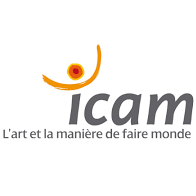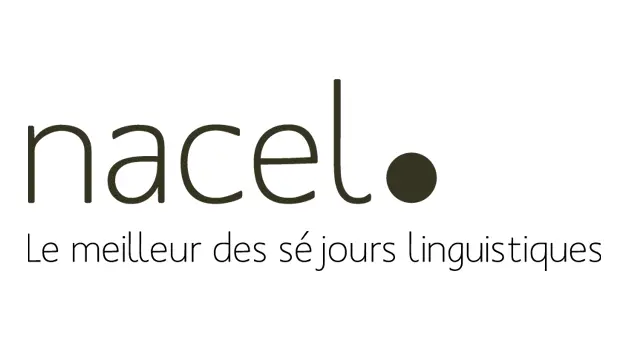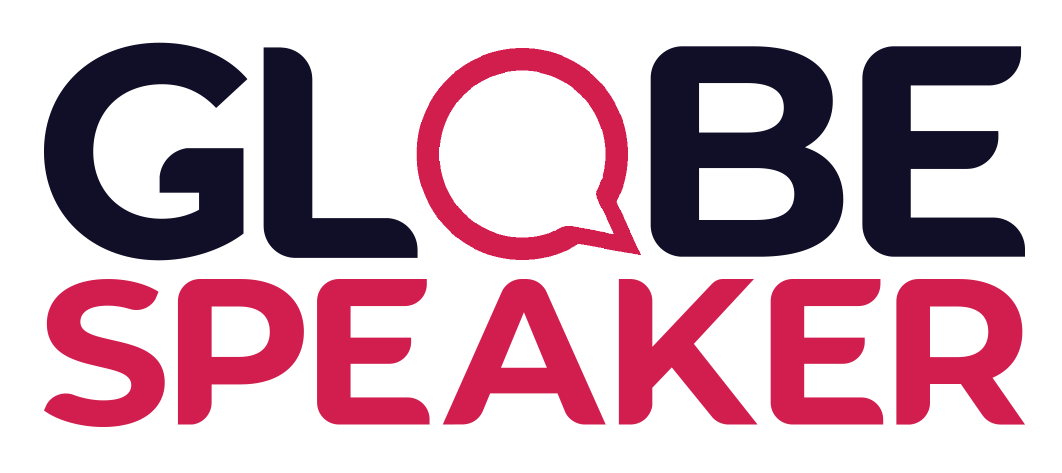
How long does it take to learn Arabic?
 Learn now
Learn now
Summary
of the page
>
Factors influencing learning Arabic
>
Quick learning methods for Arabic
>
Estimated time needed to learn Arabic
Learning Arabic opens the door to a language spoken by over 420 million people around the world. A pillar of the rich culture and history of the Arab world, Arabic is also a key language in the fields of business and diplomacy. Learning it not only offers direct access to a fascinating cultural heritage, but also opens doors to international careers, business and intercultural intercultural exchanges. So how long does it take to learn Arabic?
Factors influencing learning Arabic
Choice of learning method
Le choix de la méthode d'apprentissage est crucial dans votre parcours pour maîtriser l'arabe. Que vous optiez pour des online Arabic course , face-to-face lessons or self-study methods, each approach has its advantages. Online courses offer flexibility and accessibility, while traditional lessons can provide more personalised and direct interaction. and direct interaction. Self-study, on the other hand, allows a great deal of autonomy, but requires discipline and motivation. It's important to choose a method that suits your learning style, objectives and your timetable.
The importance of cultural immersion
Cultural immersion plays a significant role in learning Arabic effectively. Immersing yourself in Arabic culture, whether through music, film, literature or even cuisine, can greatly enrich your understanding of the language. your understanding of the language. Immersion not only helps you to practise Arabic in a variety of contexts, it also allows you to grasp the nuances and subtleties of the language. Take part in cultural events, interacting with native speakers, or travelling to Arabic-speaking countries are excellent ways of experiencing the language in an authentic and engaging way.
Learn the Arabic alphabet and its basics
One of the first essential steps in learning Arabic is to familiarise yourself with its unique alphabet. Unlike the Latin alphabet, Arabic consists of 28 letters, each of which has a different shape depending on its position in a word. Understanding and mastering the Arabic alphabet is fundamental, as it forms the basis of reading, writing and pronunciation. In addition to the alphabet, it is important to learn the basic rules of Arabic grammar, which can differ considerably from those of Western languages. Concentrating on these fundamentals from the outset will make subsequent learning more fluid and intuitive.
Quick learning methods for Arabic
Learning basic words and phrases
Starting with basic words and phrases is an effective approach to getting started quickly in learning Arabic. This includes greetings, numbers, days of the week, and other common expressions used in everyday life. Focusing on this essential vocabulary quickly builds a solid foundation, making it easier to communicate in everyday situations. Using flashcards, language learning applications or vocabulary or vocabulary lists can be particularly useful for memorising these fundamental elements.
Arabic immersion techniques
Immersion is a powerful technique for learning Arabic quickly. This can include listening to Arabic music, watching films and series in Arabic (with or without subtitles), reading books and newspapers, or even following social media accounts in Arabic. This cultural immersion not only helps to understand the language in its natural context, but also strengthens the ability to think and react in Arabic.
Use of the serious game and an application
The integration of serious games and applications dedicated to learning Arabic can make the learning process both fun and effective. Serious educational games offer an interactive experience that can help reinforce the understanding and retention of vocabulary, grammar and sentence structures. Similarly, language learning applications are valuable tools for structured and flexible learning, allowing learners to practise at their own pace, wherever they are.
Estimated time needed to learn Arabic
The time needed to learn Arabic depends on a number of factors, including the study approach and the intensity of commitment. Here is an overview of estimates of the time required to reach an intermediate level in Arabic, based on different study methods.
Estimates of the number of hours needed for Arabic
The time needed to learn Arabic and reach different levels of proficiency (A1, A2, B1, B2, C1, C2) varies according to a number of factors. Here is a general estimate:

Level A1 (Beginner) :
- Estimated time: 60-80 hours
- At this level, learners can understand and use familiar everyday expressions and very basic sentences.
Level A2 (Elementary) :
- Estimated time: 180-200 hours (combined with A1)
- The learner can understand sentences and frequently used expressions related to areas of most immediate relevance (simple personal and family information, shopping, local geography, employment).
Level B1 (Intermediate) :
- Estimated time: 350-400 hours (cumulative)
- At this stage, the learner can handle most situations likely to arise when traveling in a region where the language is spoken, and can produce simple, coherent speech on familiar topics.
Level B2 (Advanced Intermediate) :
- Estimated time: 500-600 hours (cumulative)
- The learner can understand the main ideas of complex texts, interact with a degree of fluency and spontaneity, and produce clear, detailed text on a range of subjects.
Level C1 (Advanced) :
- Estimated time: 700-800 hours (cumulative)
- At this level, learners can understand a wide range of long, demanding texts, recognize implicit meanings and express themselves spontaneously and fluently without having to search too hard for words.
Level C1 (Advanced) :
- Estimated time: 1,000-1,200 hours (cumulative)
- The learner can understand with ease virtually everything heard or read, summarize information from different spoken and written sources, and express him/herself spontaneously, very fluently and precisely.
Total immersion and online courses
Total immersion in an Arabic-speaking environment can considerably accelerate learning. By being exposed to the language on a daily basis and actively practicing, it is possible to reach an intermediate level within a few months. The same applies to intensive online courses, combined with immersion activities, can offer rapid progress. These methods are ideal for those who want to learn quickly and are ready to commit fully to their learning journey.
Your questions
on learning Arabic
Can I learn Arabic on my own?
Which countries speak Arabic?
How can I learn Arabic at home?
How do you say hello in Arabic?
What's the best way to learn Arabic?
What kind of Arabic should I learn?
Language Club
The blog that tells you everything about languages


Language Club
The blog that tells you everything about languages


All languages to learn
Certification preparation courses available

Toeic
They learned a new language with Globe Speaker





L'esprit du site est très bien pensé avec un itinéraire. Cela donne envie d'en savoir plus.

Marie-Anne • 41 ans
Niveau A1 à B1 - Abonnement Premium





Complète et évolutive.

Louis • 65 ans
Niveau A1 à B1 - Abonnement Premium





Très bonne organisation avec suivi de la formation.

Boumédiane • 29 ans
Niveau A2 à B2 - Abonnement Premium CPF





Plateforme très pédagogique, et adaptée à tous les âges. J'ai vraiment eu l'impression d'apprendre.

Maria • 28 ans
Niveau A1 à B1 - Abonnement Premium





J'ai apprécié de travailler sur la plateforme Globe Speaker, autant de fois que je le voulais ou pouvais, ainsi qu'avec Maria pour la partie coaching.

Véronique • 41 ans
Niveau A2 à B2 - Abonnement Premium CPF





































